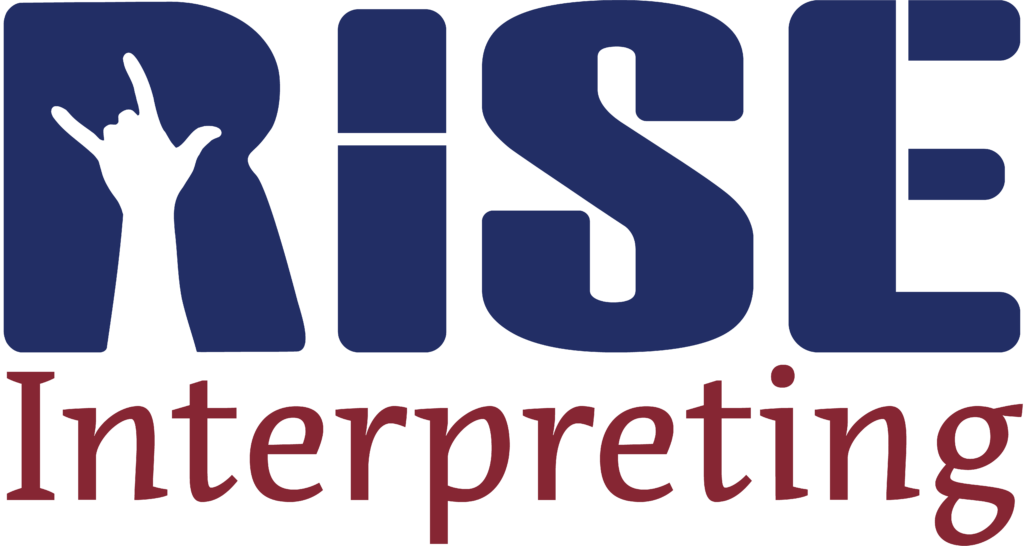Tips
BEFORE THE SESSION
- Be flexible with seating arrangements. The interpreter will arrange the seating/positioning to facilitate the best viewing angles.
- Allow adequate lighting on the interpreter for signing to be visible.
- When possible, please provide any notes, outlines or handouts to the interpreter. If reading extensively from written materials, consider providing both the client and interpreter with a copy.
- If planning to show a video/movie, choose media with Closed Captioning (CC). Allow interpreter to assist with enabling the Closed Captioning settings on the TV/computer when needed.
Tips
Working with an Interpreter
- Speak directly to the D/HH person using first person address.
NO: “Tell him..” or “Ask her..”
YES: “Do you..?” or “What is your..?” - Speak naturally – the interpreter may ask you to slow down or repeat information as needed.
- Look at the Deaf person while speaking even though they will be mostly looking at the interpreter. Your eye contact, body language and facial expressions are important for communication.
- Do not ask interpreter to edit or censor any information.
- Interpreter will interpret any audible information; Avoid discussions that you don’t wish the other person to know.
- Interpreter will remain neutral and unbiased, and therefore, cannot council or advise either the Deaf or hearing on any matters not related to communication issues.
FAQ’s
Federal laws, including The Americans with Disabilities Act, generally require places of public accommodation (Government organizations and most businesses) to provide auxiliary aids and services (i.e. TDD, ASL interpreters, etc.) for “effective communication.” The Deaf/HH person should be consulted to determine the most effective form of communication.
Deaf people may bring their own interpreter but it is not required nor recommended. Family members or friends are not professionally trained or certified and can easily misinterpret or omit important information due to limited proficiency and emotional involvement. Minors should not be used as interpreters.
As early as possible. Advanced notice helps to ensure your request is filled. Interpreter demand has increased significantly over the last few years creating a nationwide shortage.
In short, NO. Lip reading aka speechreading is extremely difficult. Did you know that only 30-40% of speech is visible on the lips?! Depending on the individual’s training, hearing level, access to viewing the speaker’s face, background noise, topic being discussed, background knowledge, and several other factors, one may be able to follow for short durations but it can be exhausting and is not advisable for any complicated matters or longer durations.
- American Sign Language is a bonafide language with a unique grammar and syntax, completely independant from English.
- A Deaf person’s primary language is typically ASL and thus English is learned as a second language.
- English is a language based on phonetics (sound), making it especially challenging to learn for those who do not hear.
To communicate in casual or simple interactions, written notes may be sufficient. More formal or complex interactions require a sign language interpreter to ensure effective communication. Written communication typically takes much longer and can easily result in miscommunication.
There is not a required amount of notice but generally speaking, the earlier the better. This allows us to choose from our entire pool to best fit your situation.
- Yes! We can never guarantee them but we will try to book that interpreter whenever possible.
- We maintain a list of your preferred interpreters for consumers and are always happy to add to it.
Yes! Many customers request the same gender for medical appointments, etc. We accommodate this preference whenever possible.
Interpreters are scheduled to provide services for multiple clients. They must be reserved a minimum amount of time to compensate for their travel, time and service. This is a standard practice in the interpreting profession.
Interpreters working with RISE have the legal and ethical responsibility to protect and preserve all client information in accordance with state and federal laws, NAD-RID Code of Professional Conduct and RISE policies. All RISE interpreters are HIPAA trained.
A CDI is a Deaf/Hard of Hearing individual with specialized training and is nationally certified to work with other Deaf people that have atypical language or minimal fluency in standard ASL (may be fluent in a foreign sign language.) A CDI works as a team with a hearing ASL Interpreter.
A trilingual interpreter is commonly used to describe an interpreter fluent in English, Spanish, and American Sign Language.
Tactile interpreting is for individuals that are Deaf and Blind (D/B.) The D/B consumer will receive the message by reading the interpreter using a hand over hand technique to feel the interpreter signing.
Start bridging the gap
Are you ready to communicate more clearly through professional, engaging ASL interpreting? Call us today to request an interpreter.
CALL (951) 565-4422 Request an Interpreter
